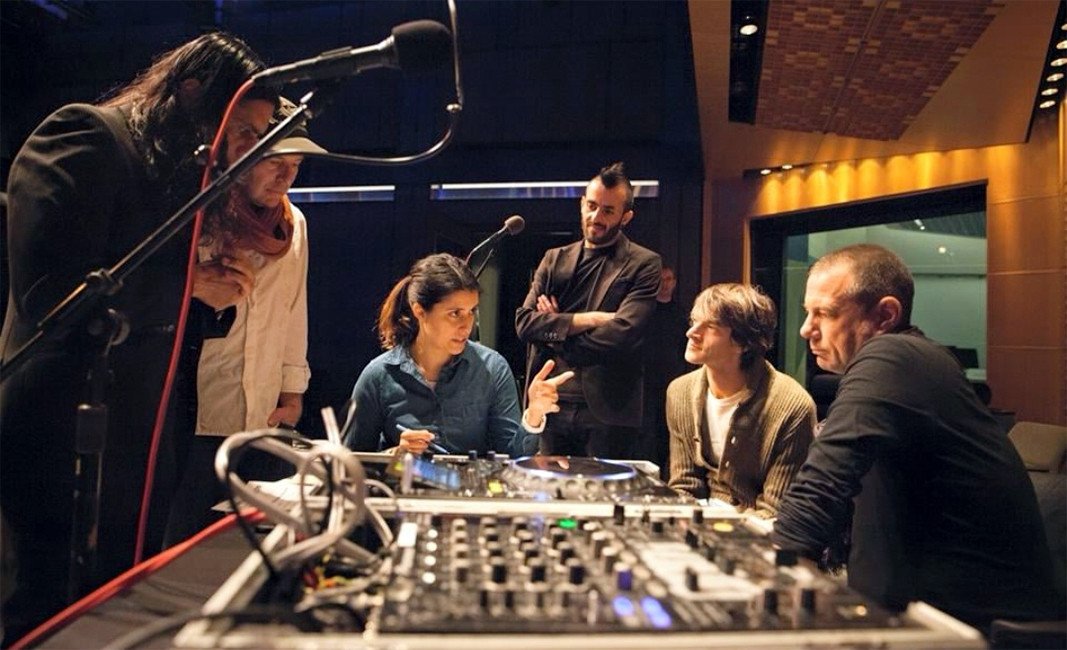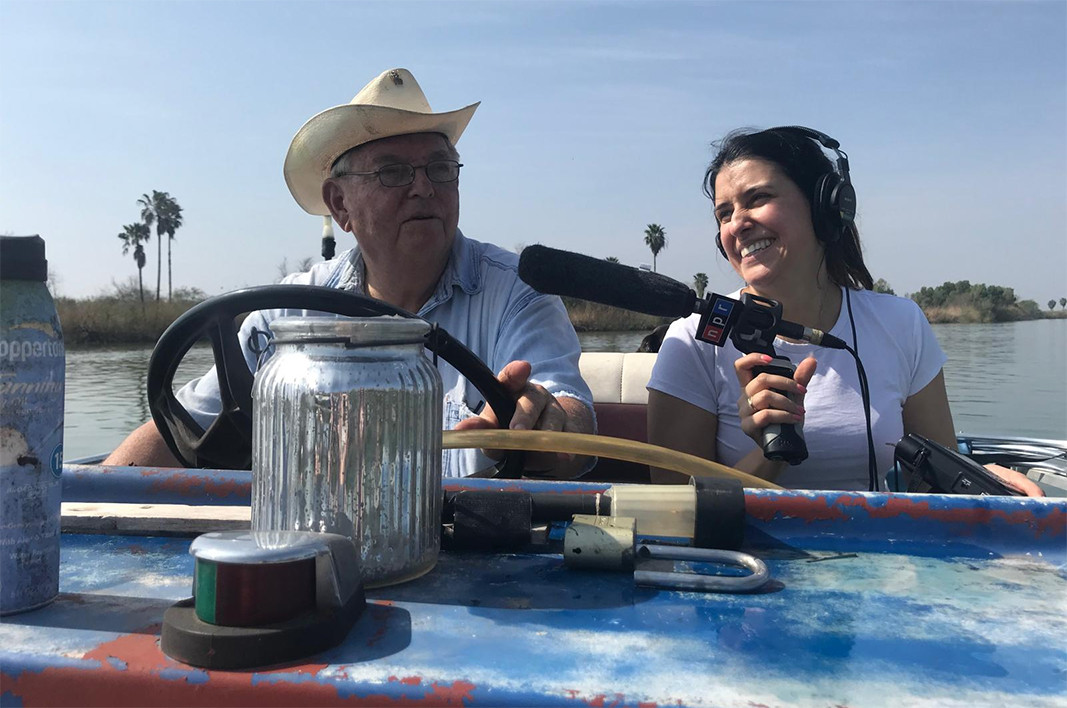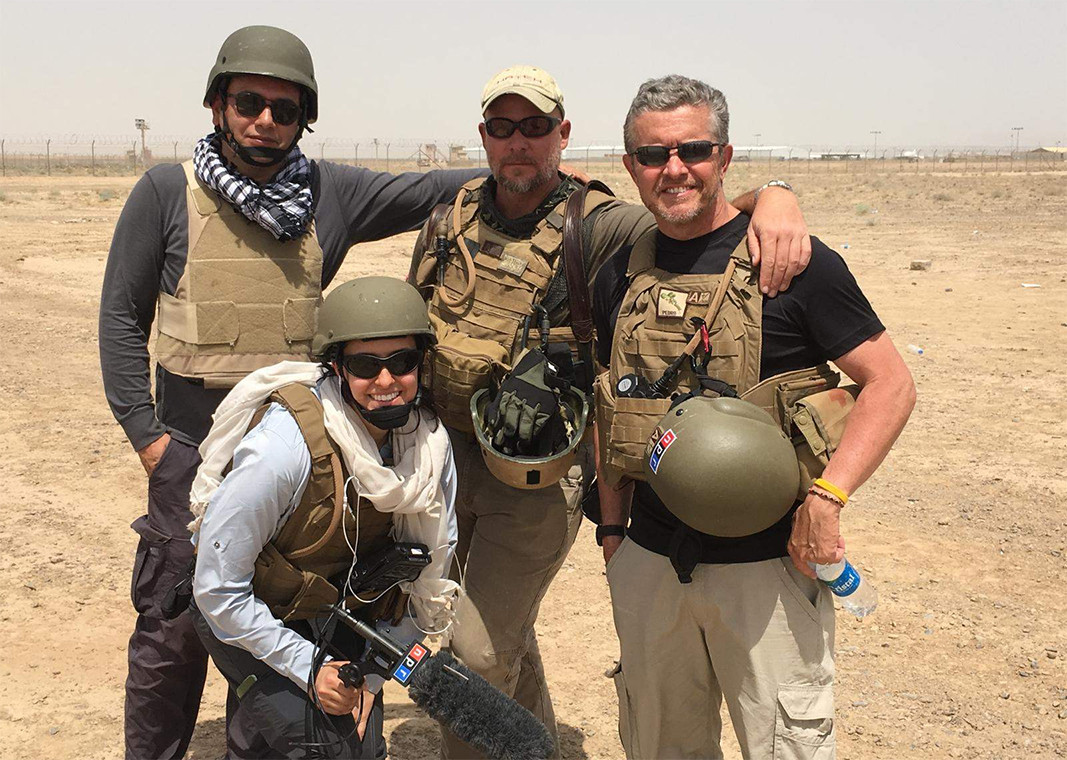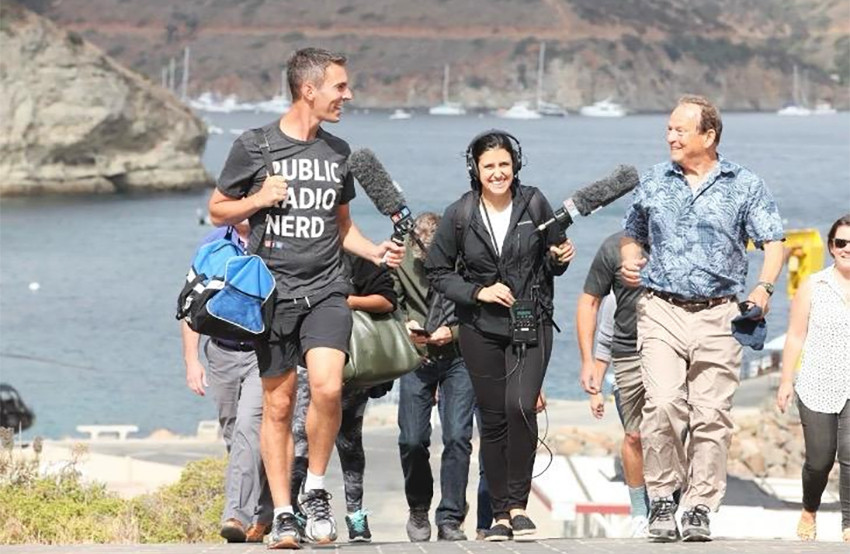Monika Evstatieva is a journalist who works as a senior producer in the investigations department of the American public radio network NPR. Born in Sofia, she dreamed of working in advertising as a child, but her work experience at a radio station in Blagoevgrad sparked a passion for journalism. She studied journalism professionally at the American University in Blagoevgrad and later in Washington, where she managed to become part of the NPR team as an intern.
In 2019, she briefly left public radio to join the audio department of The New York Times, but returned to NPR in under a year. In today’s fast-changing world, few manage to stay at the same job for 19 years, but Monika has found lasting value in the dynamic nature of journalism and the strength of her team, where she plays a vital role.




English publication: R. Petkova
Photos: personal archive of Monika Evstatieva
"The End of the River" is not just any film - it is a film that seeks to find the universal aspects of human experience across borders, while also serving as an expression of cultural dialogue between Bulgaria and Ukraine. Created through the..
Ivan Stoyanov is a Bessarabian Bulgarian from Moldova. Our team met him in the Bulgarian church of Sophronius of Vratsa, where we were working on another episode of the Bridge of Faith podcast, dedicated to the Bulgarian Orthodox community in Lyon,..
"Perhaps faith, prayer or religion, which we find in different ways, brings a sense of humility. But it is also a journey to oneself, to self-improvement and self-discovery," says Assoc. Prof. Dr. Arsenia Ivanova, actress, PhD in Theatre Studies,..

+359 2 9336 661
